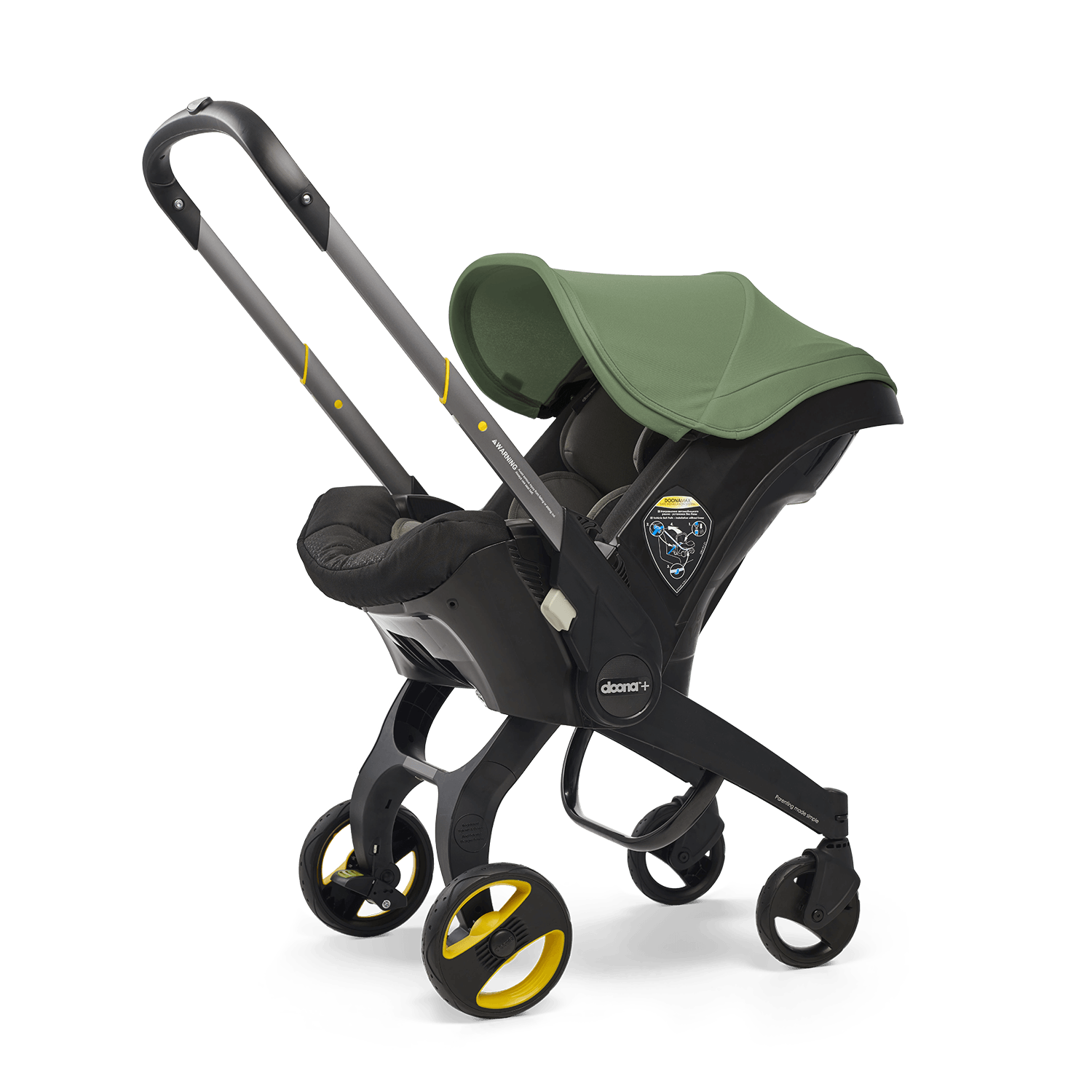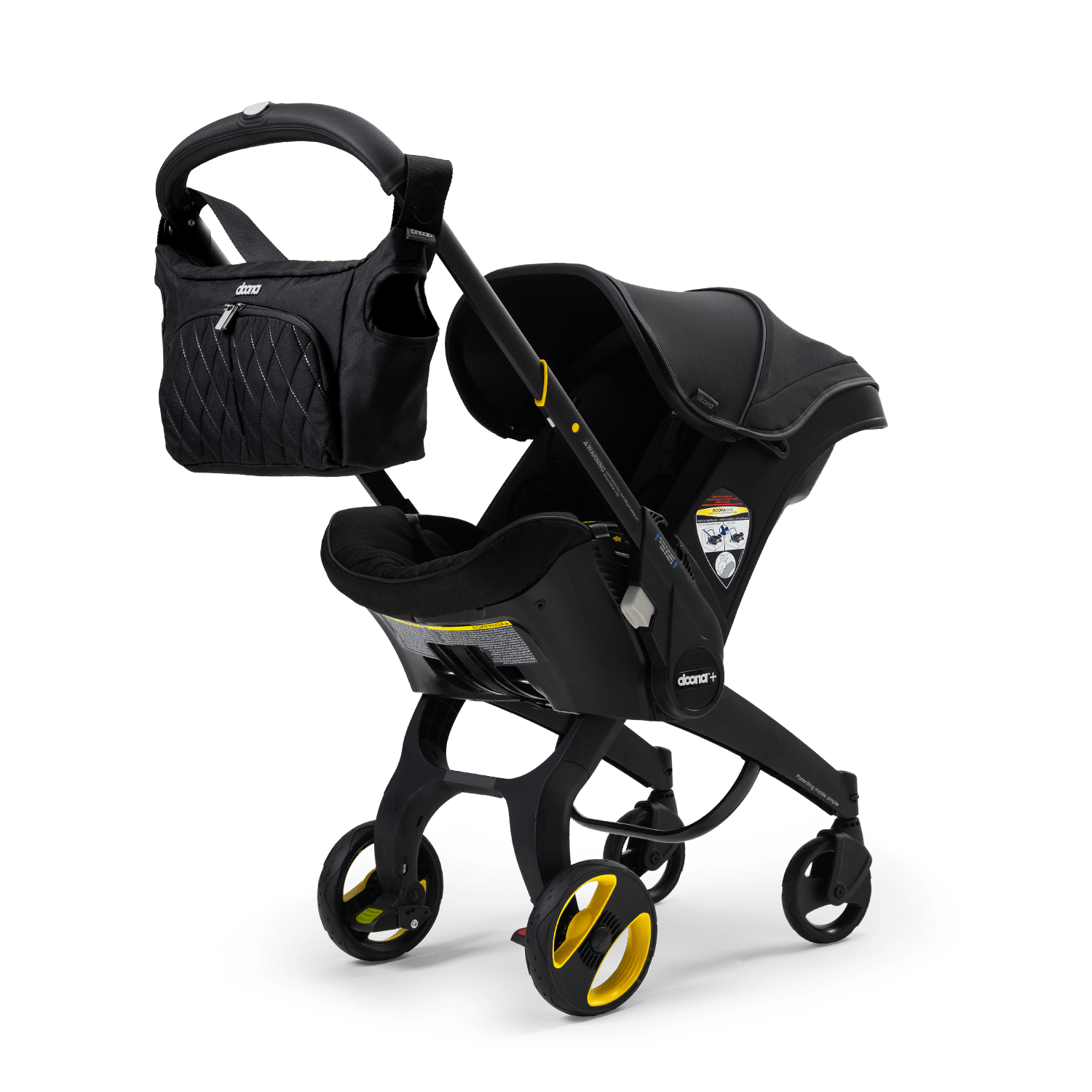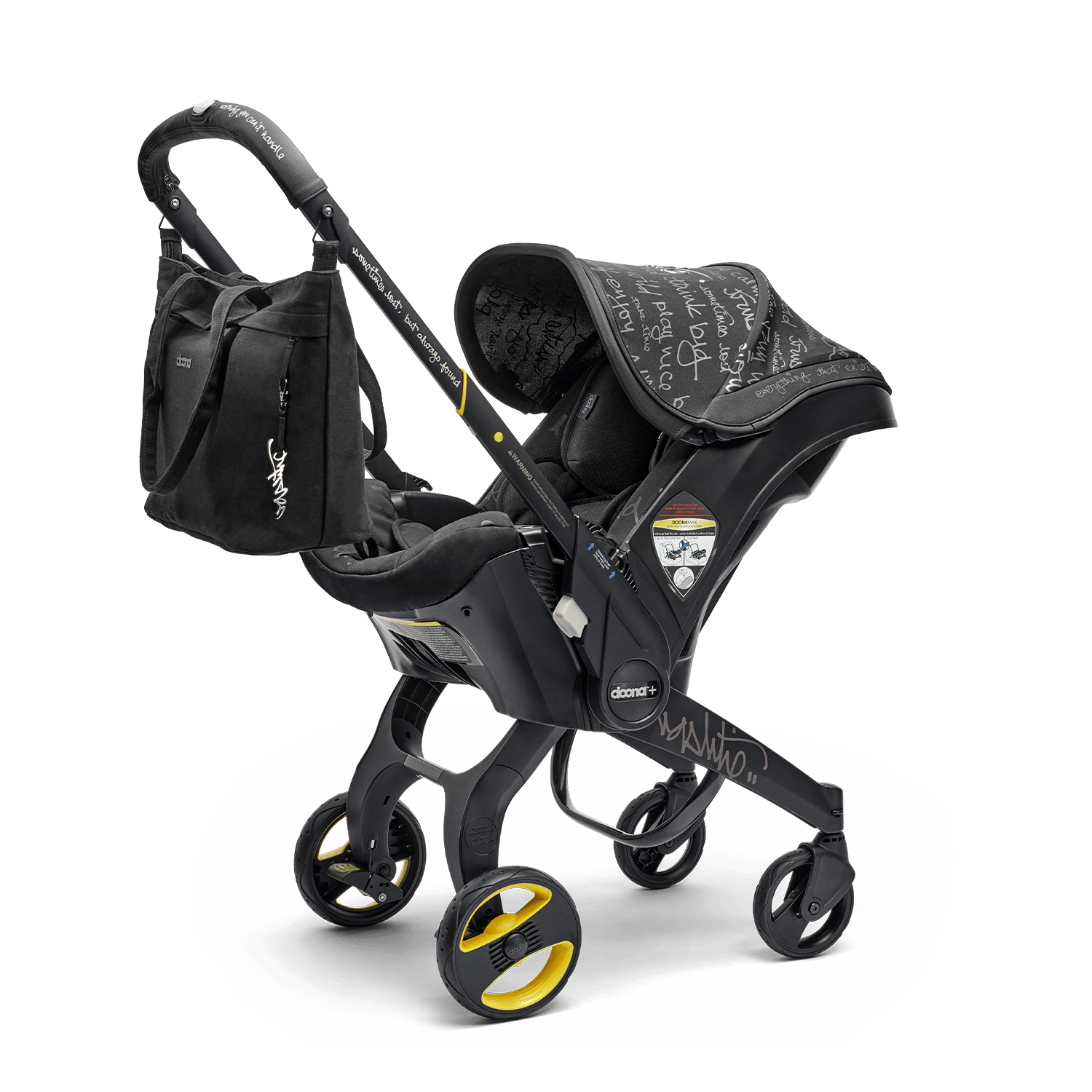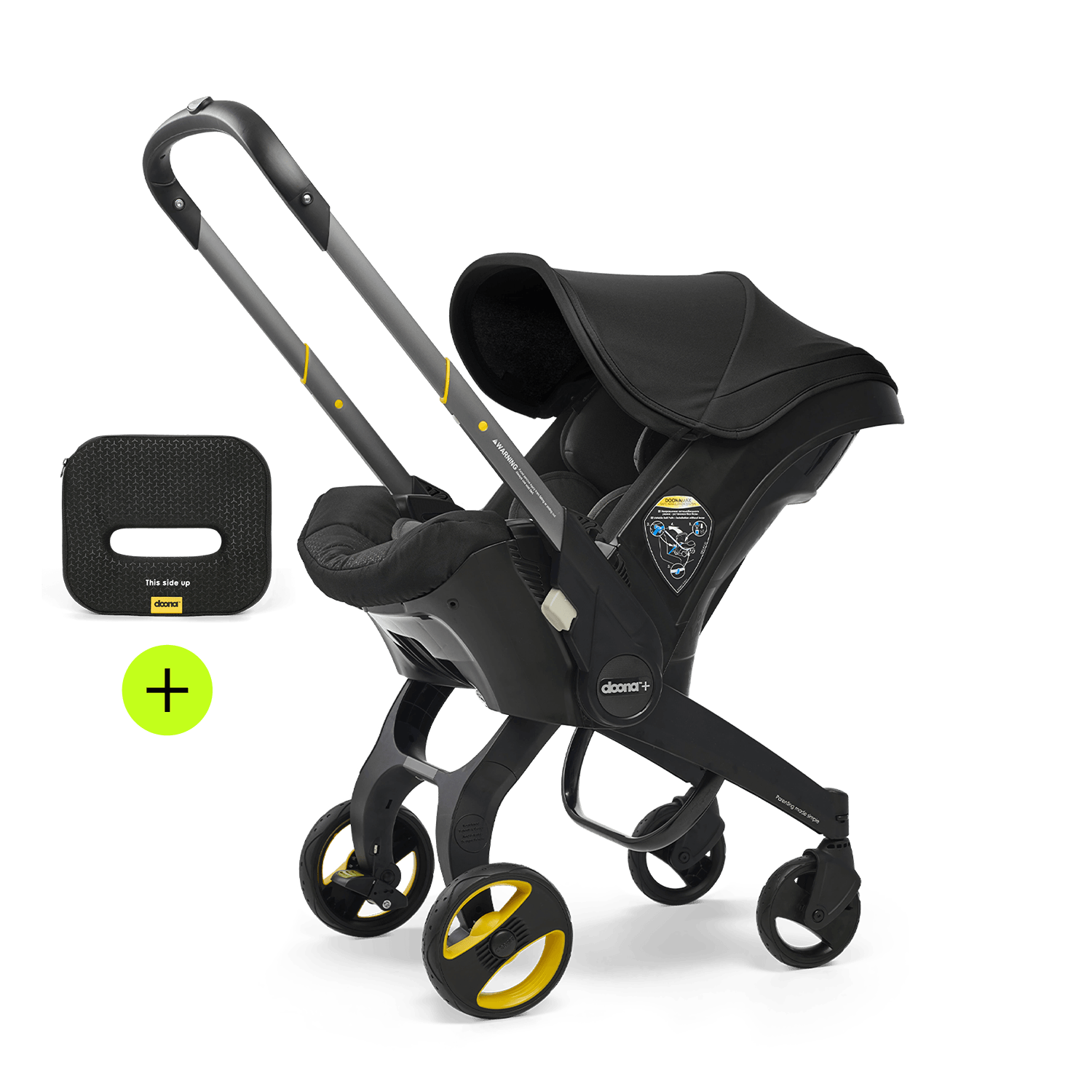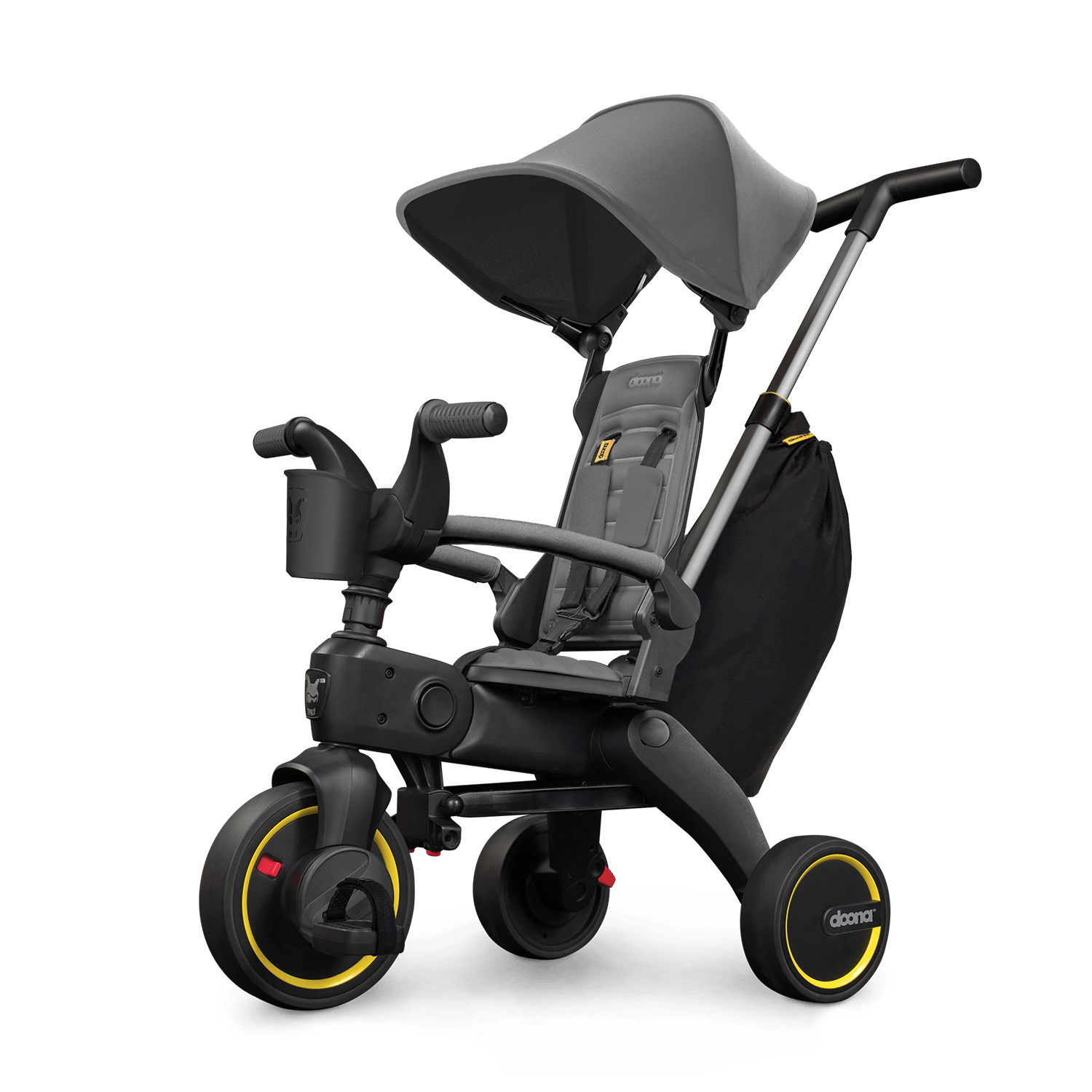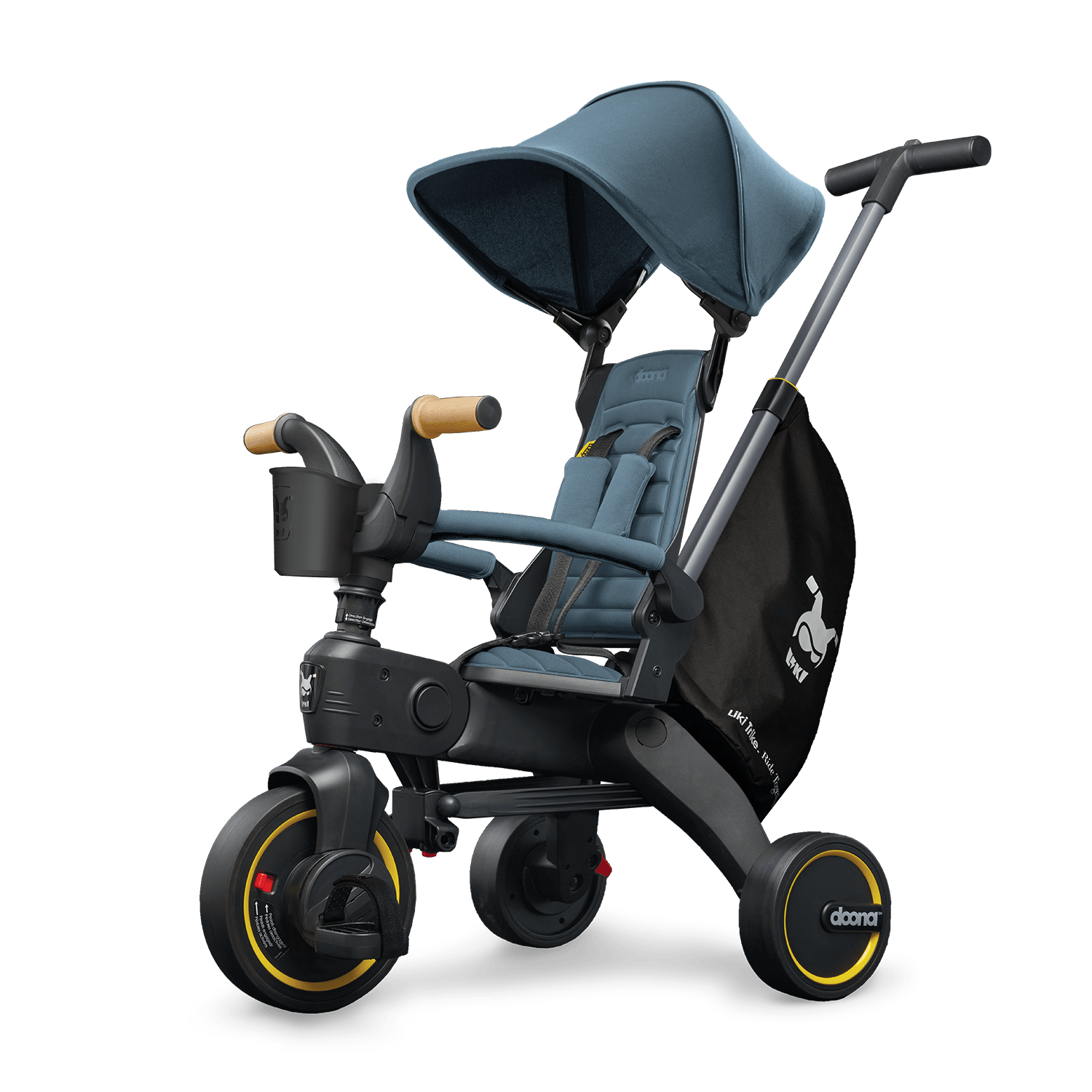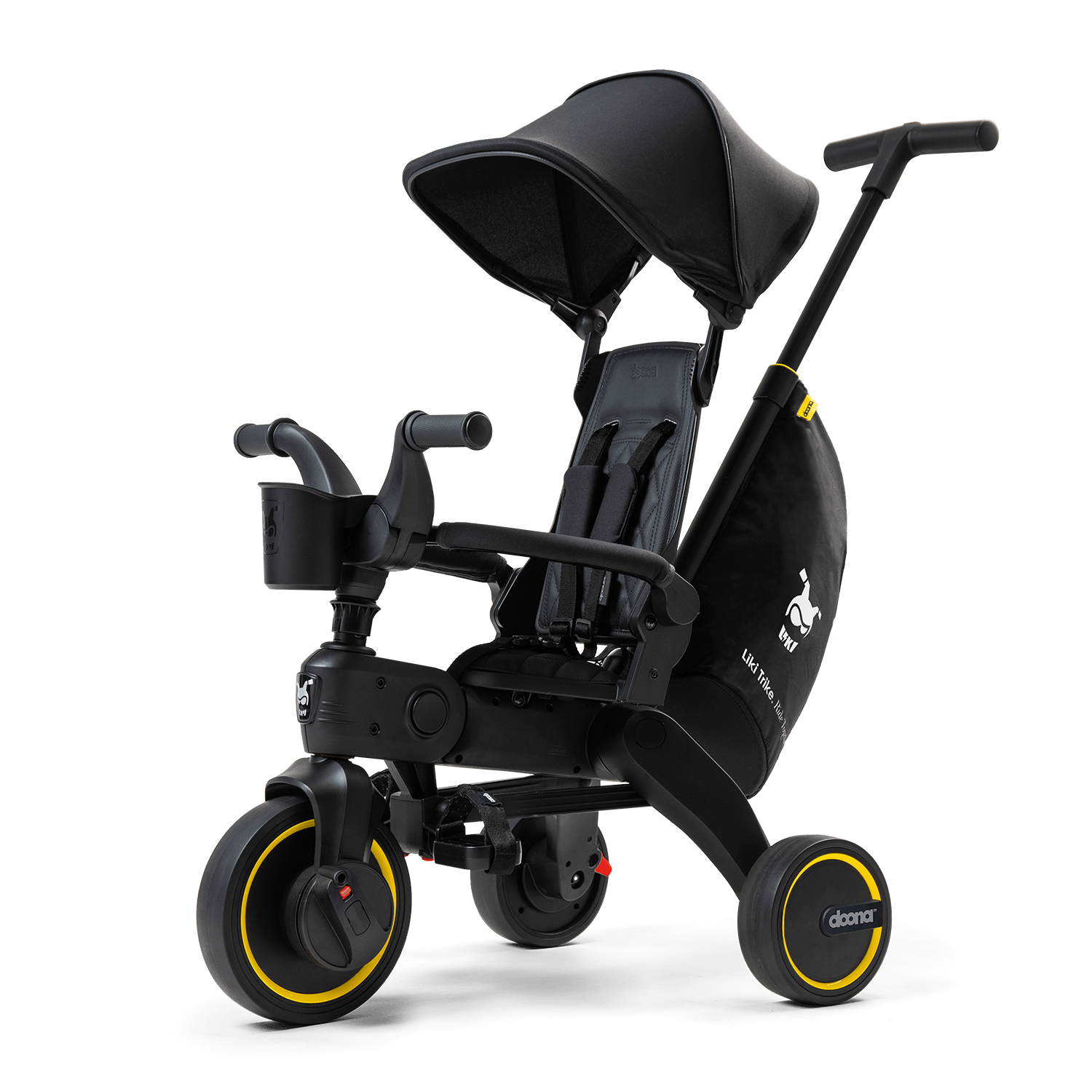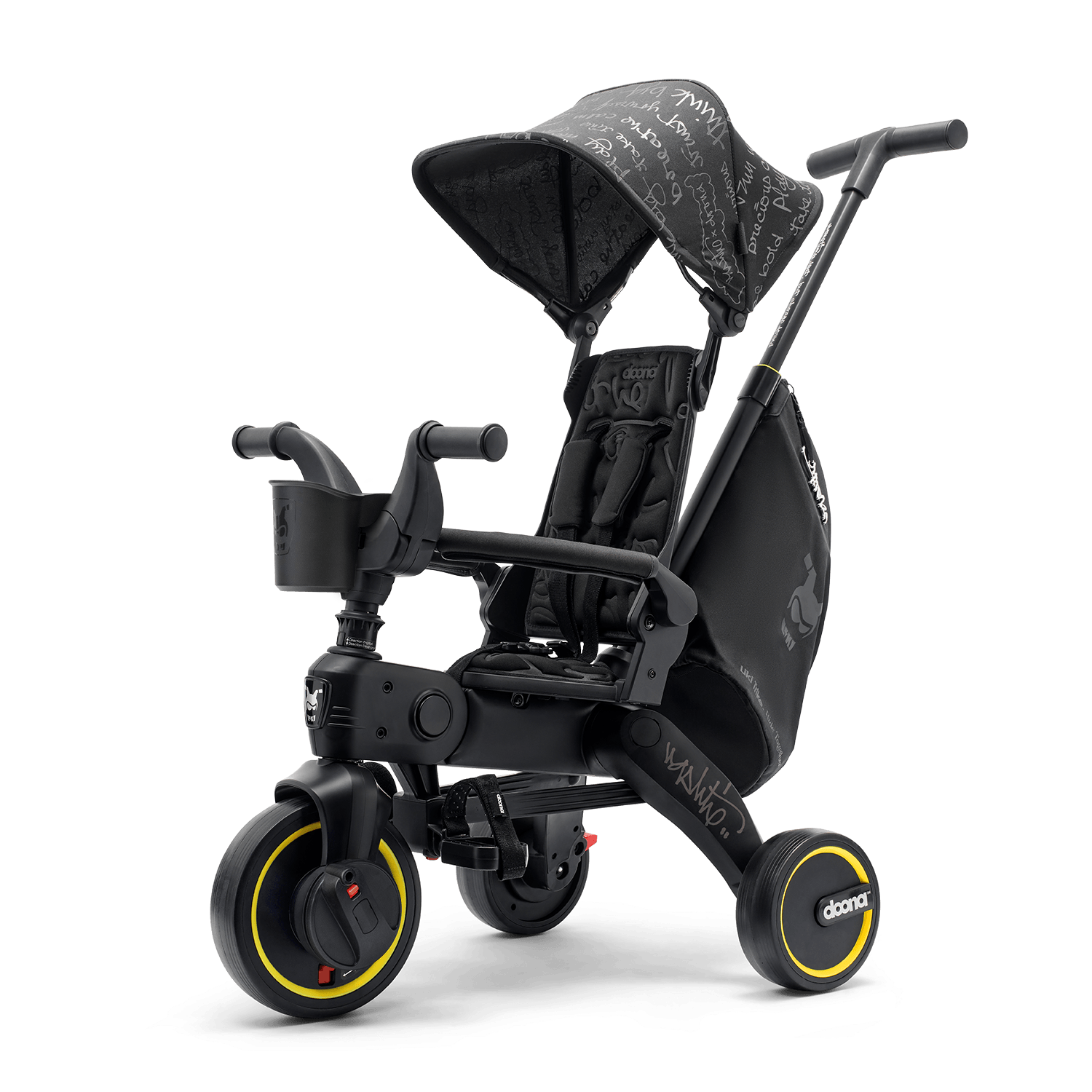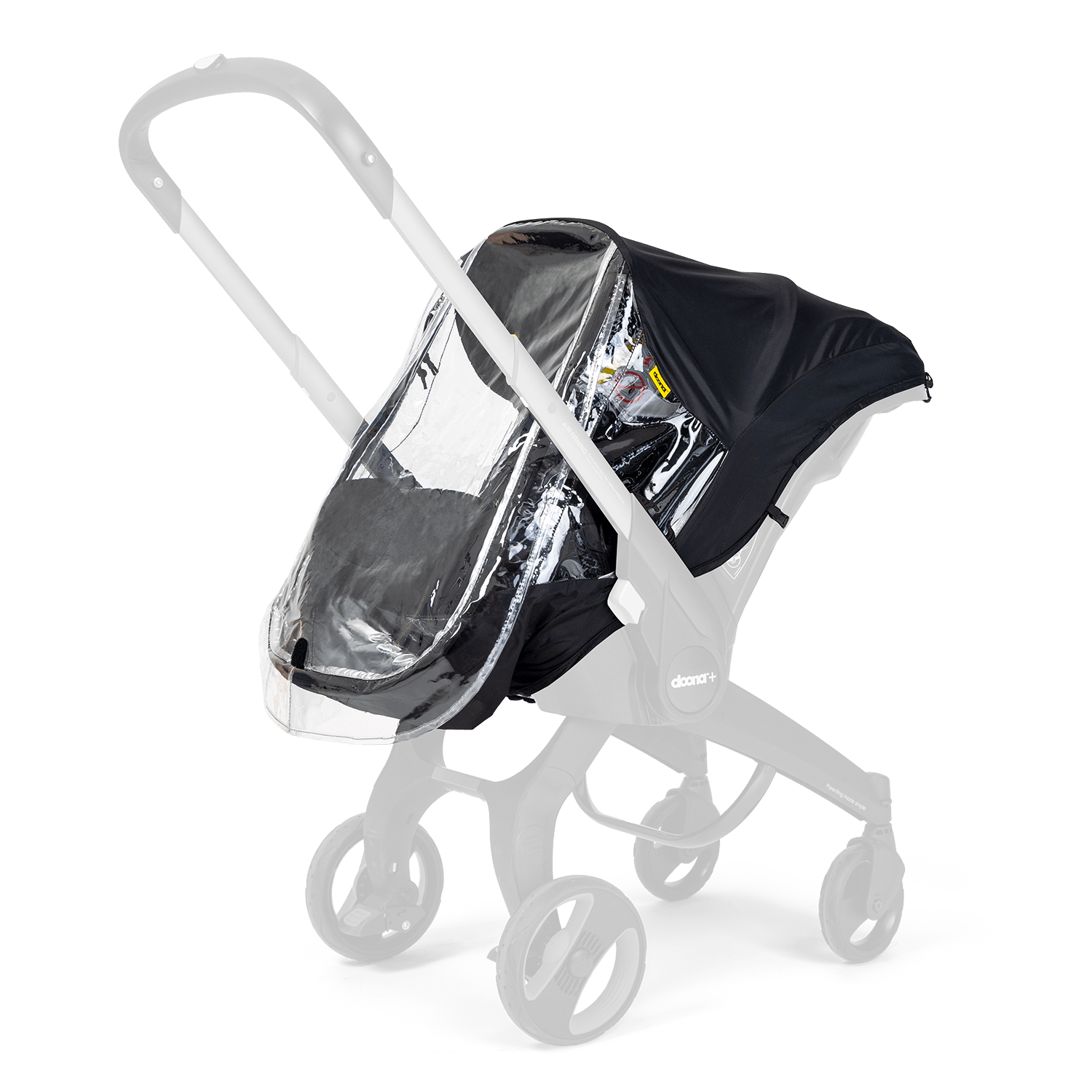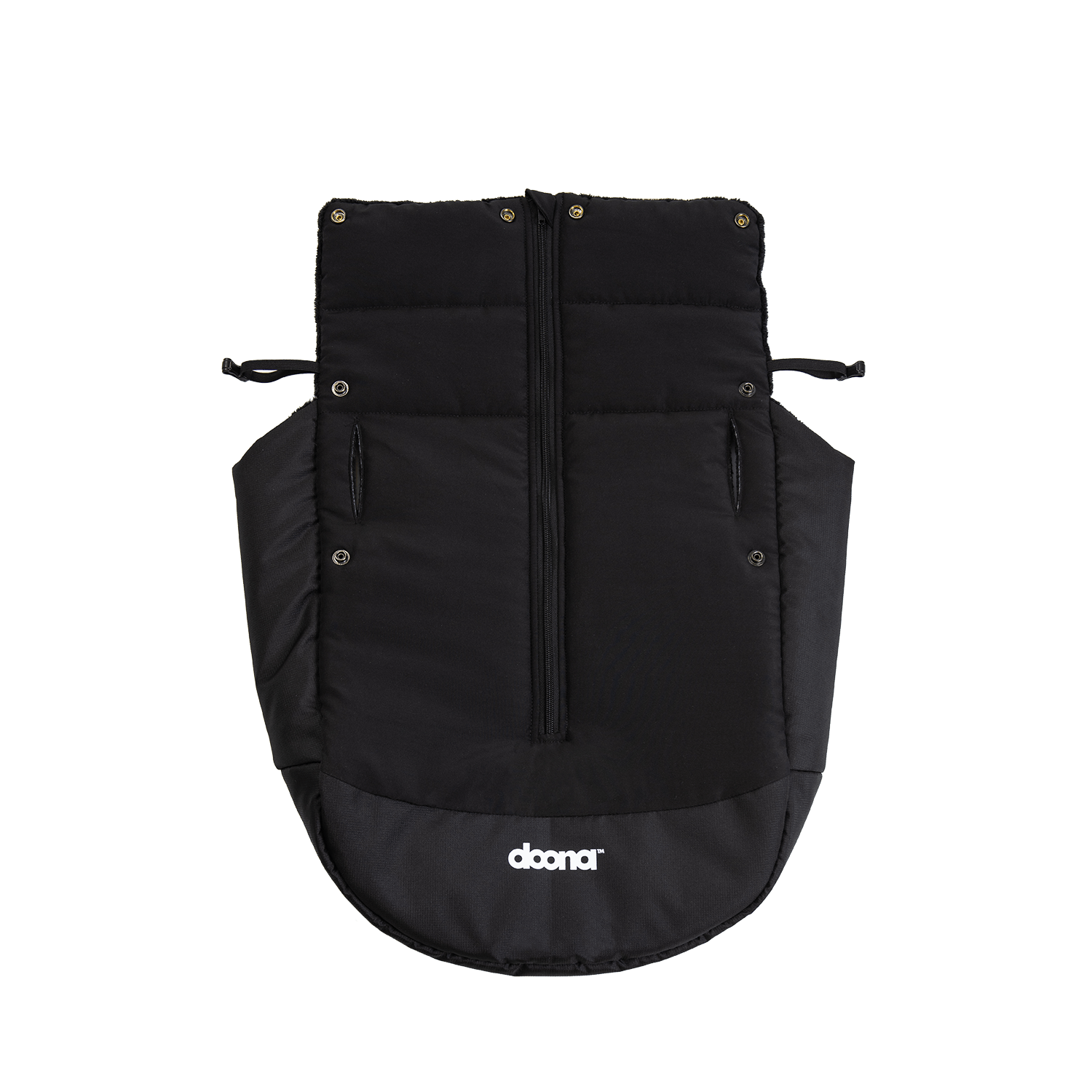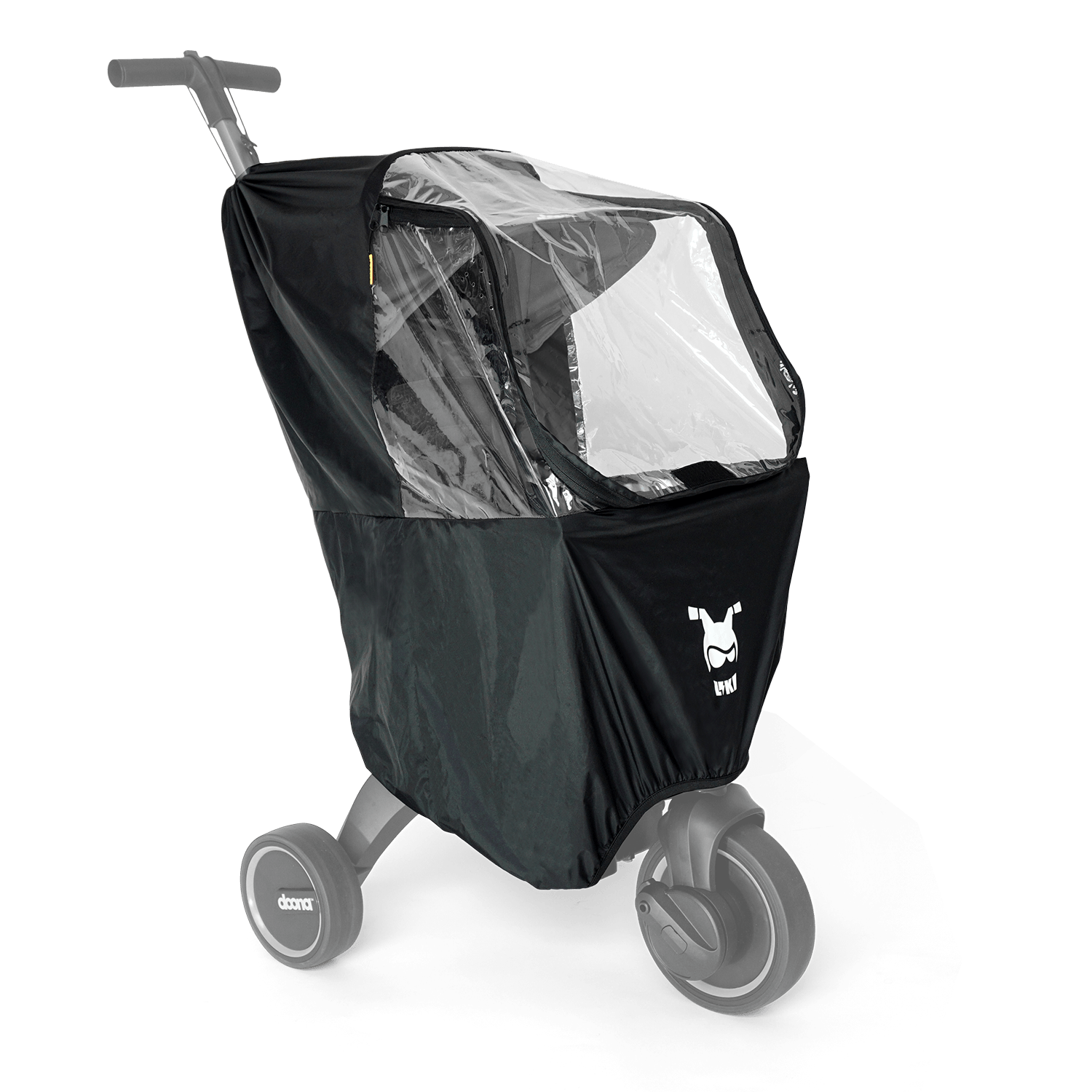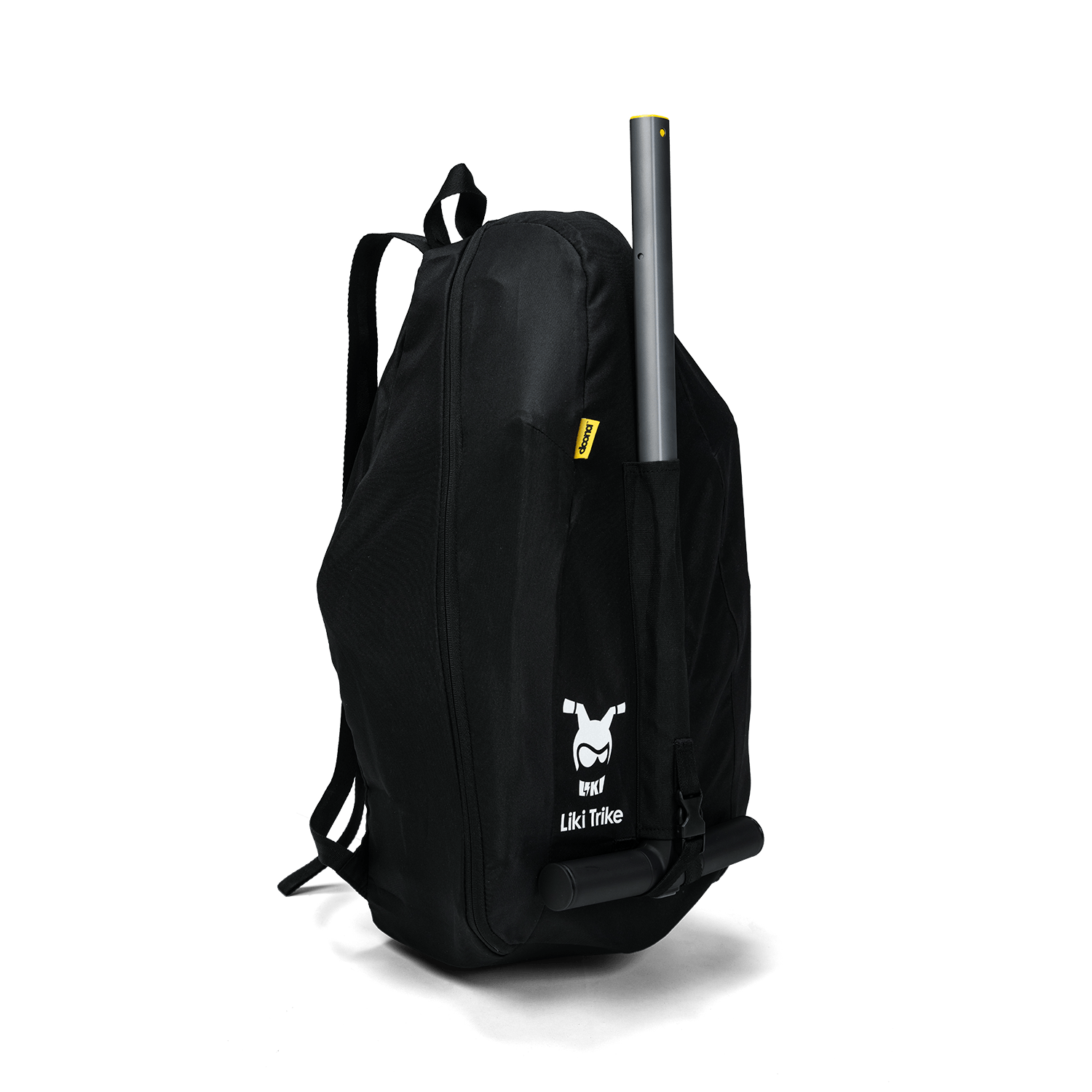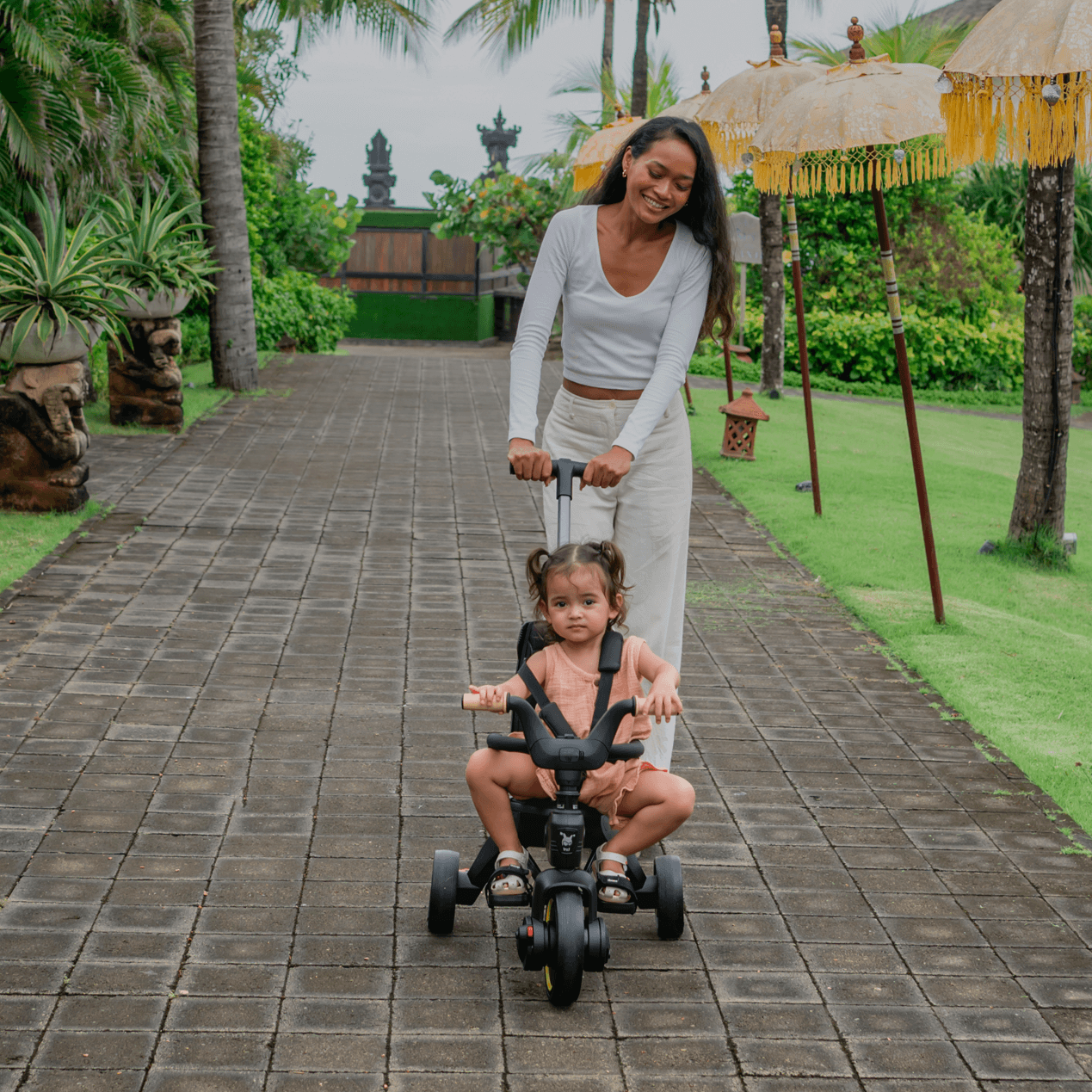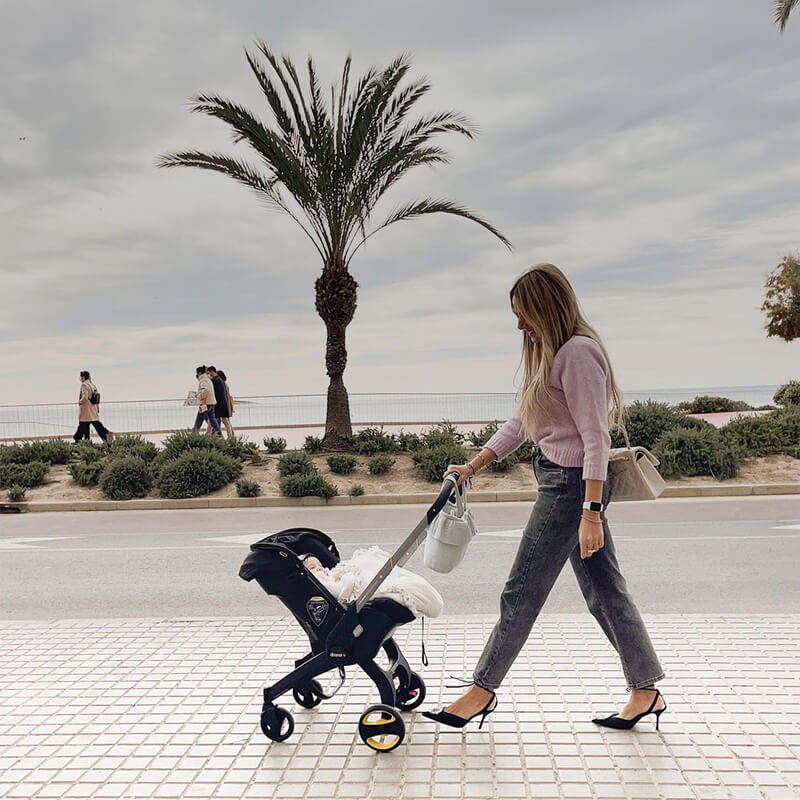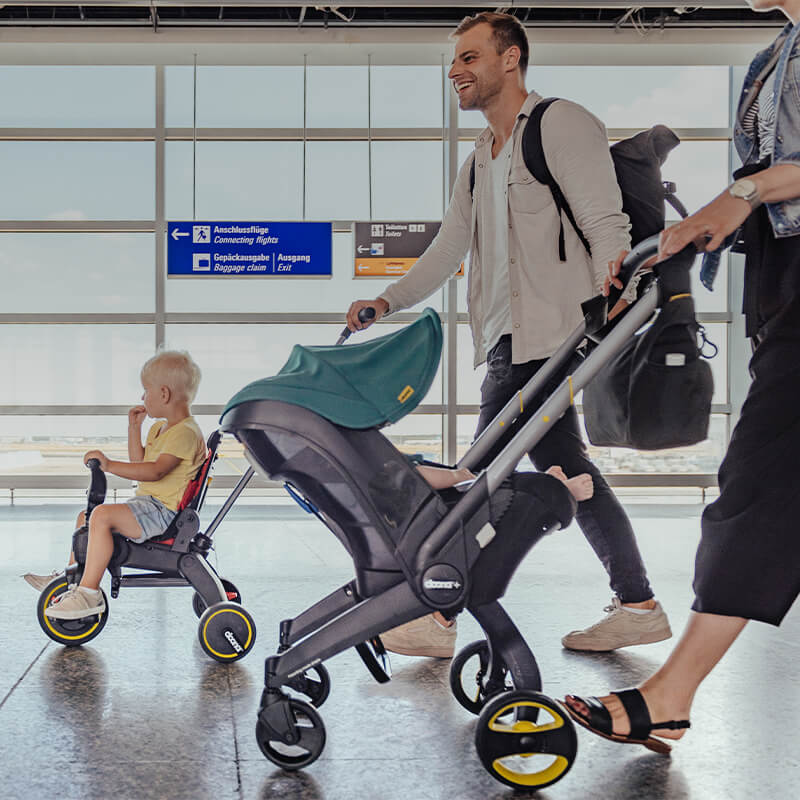Postpartum traditions around the world
Postpartum recovery is an important transitionary period for mothers to rest and adapt to change. It’s a time of healing the body and learning how to care for your new baby, whether it’s the first time, second time, or more. Often, postpartum is called the fourth trimester, as recovering from birth is the final step in your pregnancy.
Postpartum is both a time of healing, and a time of overcoming new challenges. New mothers need extra care and attention to recover from pregnancy and childbirth properly, which requires the help of a strong support system. Fortunately, many cultures around the globe prioritize the health of new mothers, acknowledging their need to rest and replenish after an intense physical experience. With unique postpartum care rituals that support both mothers and babies through recovery, several practices stand out in their level of attention and care. Read on to learn about these beautiful postpartum traditions from all over the world!
Rest
In many cultures, the period after giving birth is seen as a crucial time for new mothers to rest and heal at home. One ancient postpartum ritual is the practice of confinement, where the mother does not leave the house for a specified number of days. Spanning between three weeks to over a month, staying at home postpartum is meant to be a time of uninterrupted rest and relaxation to help mothers heal physically and emotionally, and prepare them for the journey of motherhood.
Depending on the culture, this postpartum practice can vary. For example, in traditional Asian families, leaving the house is strictly forbidden for new mothers after giving birth. Many Korean families do not even let outside visitors see the baby until the three-week saam-chil-il period is over so the mother can focus on healing without distractions. Furthermore, it’s common for postpartum mothers to refrain from doing housework during this time, or from anything that could disturb the healing process. In the Latin La cuarentena tradition of forty days, this could include exercise, sex, and even rapid movements. In stricter Chinese zuo yuezi practices, it could even include reading and watching sad movies! Of course, the level of strictness depends on personal preference. It’s important to use your intuition to determine which practices serve your situation best, and which ones to leave out. The key is to prioritize rest for healing.
Food
Giving birth is an intense physical experience in which the body goes through an extreme change. In turn, postpartum foods focus on nourishing and hydrating the mother from the inside out, reducing postpartum symptoms, and supporting lactation. Think nutrient-dense, high-protein foods that are easy on the system like bone broth, soups, and stews containing cooked veggies full of vitamins and minerals. Drinking lots of water to recover fluids and avoiding hard-to-digest or heavy foods is also incredibly important for recovering mothers. The ideal foods will keep you full and maximize energy and nourishment for long periods of time, such as sweet potatoes, eggs, salmon, chicken, spinach, nut butters, and more.
Replenishing lost nutrients is a typical theme in postpartum care practices around the world. In Korea, it’s standard practice for every postpartum meal to contain some form of seaweed soup, which is said to replenish iron in the body and even support breast milk production. In India, boiled milk with ghee and spices is a traditional food made to help restore the mother’s energy. In the Omugwo tradition in Nigeria, spicy pepper soup and Pap—a traditional fermented pudding—are revitalizing foods made to help new mothers clear out any toxins in their body. In Latin America, eating hot broths and porridges is customary to help the mother regain her vitality and strength. Ask your health care providers for a list of foods they recommended to help you recover, and always listen to your body.
Massages
Generally, massages are meant to help you relax, remove blockages from muscles, and circulate oxygen in the body. Therefore it’s no surprise that many postpartum care practices include regular massages. In Korea, blood-circulating massages are a common postpartum ritual. In India, if members of the family are versed in Ayurveda, new mothers might receive warm oil massages to relax or relieve postpartum back pain. In the Nigerian Omugwo tradition, mothers are pampered with stomach massages with hot water and a towel to help them relax and heal. If you’re interested in postpartum massage, make sure to do your research to find the right treatment for you.
Receiving outside help
A healthy mother is the first step towards a healthy baby, but it can be difficult for new mothers to focus on healing themselves and nourishing their child at the same time. As a result, many cultures have built-in help systems where extended families come to assist mother and child. In Nigeria, mothers and mothers-in-law take it upon themselves to do the household chores for a few months while the mother heals and learns how to care for her baby. In India, new mothers often return to their parent’s homes to heal and receive round-the-clock help. In China and Korea, it’s common to stay in a special hotel post-childbirth, where mother and baby are pampered and cared for by postpartum professionals.
Regardless of your background, it’s important to get the help you need so you’re able to recover properly. Whether it’s from family, friends, neighbors, or hired help, show yourself grace by acknowledging that it takes a village, and that you’re not meant to do it alone.
Learning about postpartum care in other countries can be both fascinating and helpful to moms recovering from childbirth. If you’re looking to try different postpartum practices, be sure to do your own research and discuss it with your doctor or midwife first. Also check out why Doona is the best infant car seat for Moms with postpartum pain. In the meantime, wishing you a smooth recovery!
At Doona, we’re always trying our very best to make parenting simpler for every family. Which is also why we’ve created our innovative and revolutionary Doona Car Seat & Stroller which transforms from a car seat to a stroller in the click of a button; and Liki Trike — the most compact folding toddler trike on the market that grows alongside toddlers with five modes of use.
